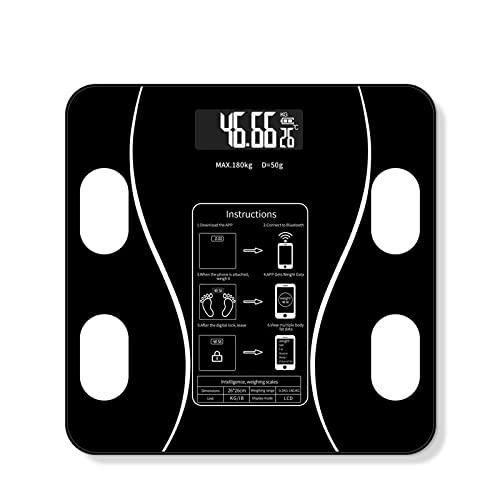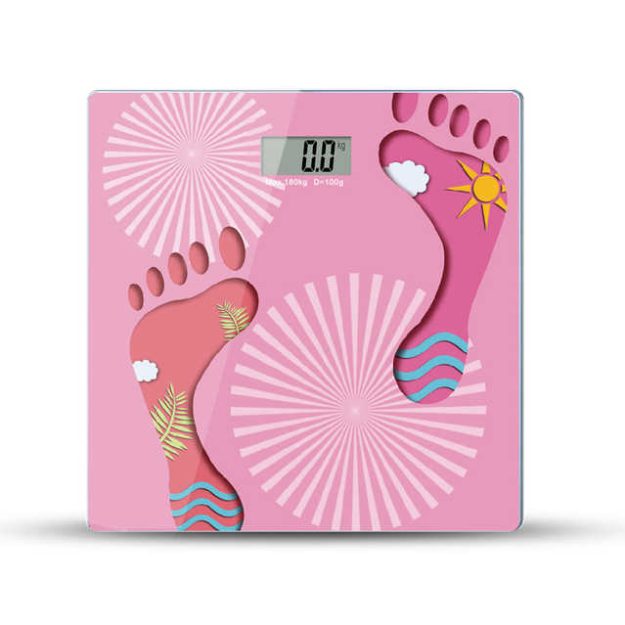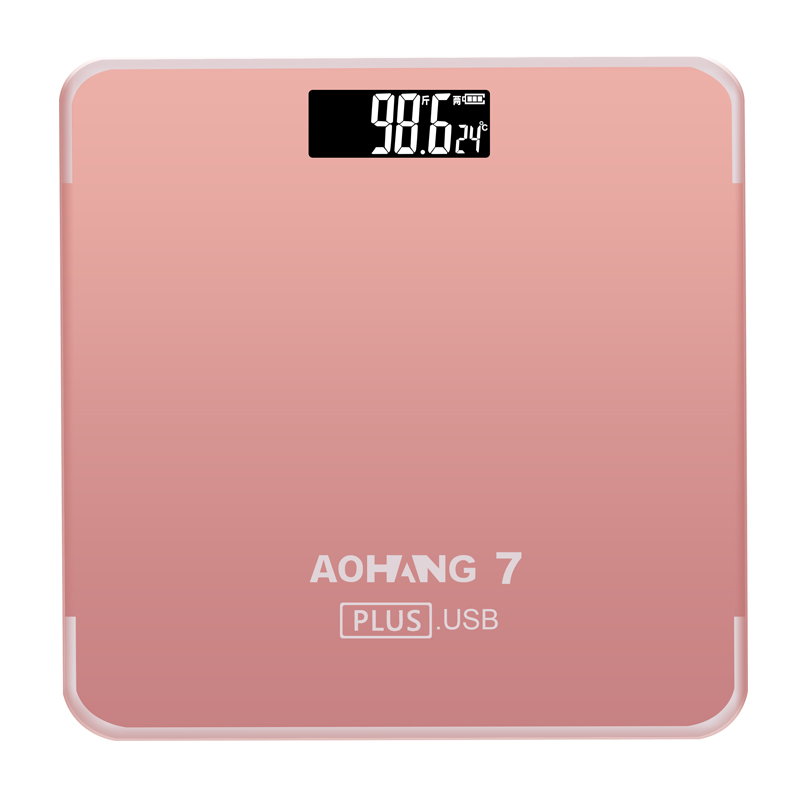What Type of Moisture Meter Is Most Accurate – Complete Guide in Uganda, A moisture meter is a vital tool for measuring the water content in various materials like grains, wood, soil, or construction materials. Choosing the right type of moisture meter ensures accurate readings, which are essential for quality control, safety, and efficiency. In this comprehensive guide, we explore the most accurate types of moisture meters available in Uganda and their applications.
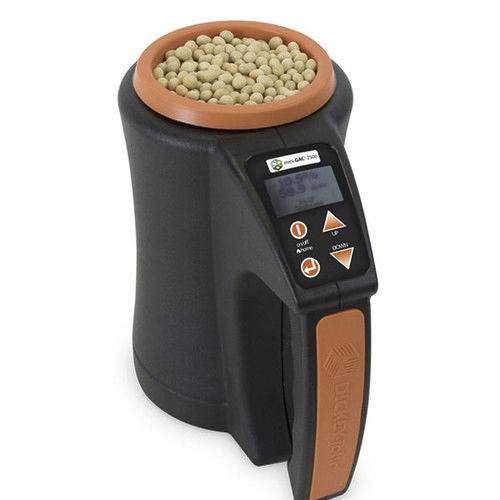
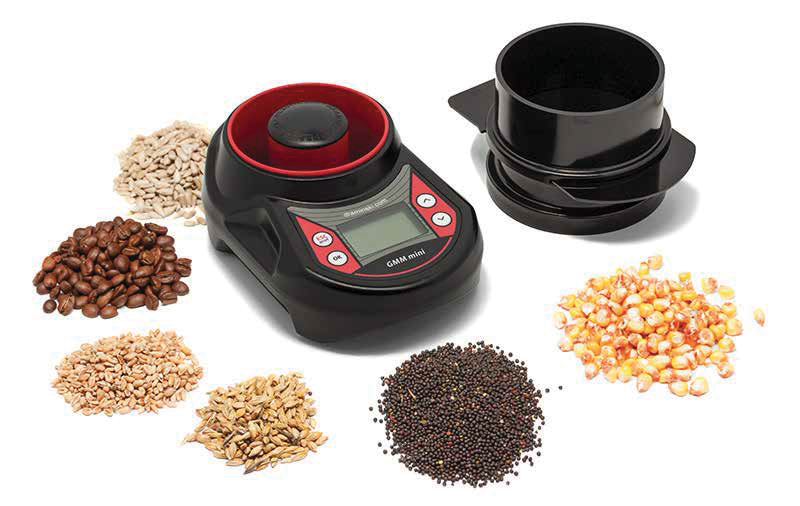
Factors Affecting the Accuracy of Moisture Meters
Before diving into the types, it’s essential to understand what determines a moisture meter’s accuracy:
- Material-Specific Design
- Some meters are designed for specific materials like wood, soil, or grains, offering better precision in those contexts.
- Calibration
- Regular calibration ensures the device provides correct readings.
- Measurement Range
- Devices with a wide range may compromise on accuracy for certain moisture levels.
- Sensor Technology
- Advanced sensor technologies like capacitance and infrared tend to offer higher precision.
Types of Moisture Meters and Their Accuracy
1. Pin-Type Moisture Meters
- How They Work: Use two sharp pins to penetrate the material and measure electrical resistance, which varies with moisture content.
- Accuracy: Highly accurate for solid materials like wood, drywall, or grains.
- Applications in Uganda:
- Farmers use them to check grain moisture before storage.
- Builders use them for wood and drywall during construction.
- Pros:
- High precision for dense materials.
- Ideal for deep moisture readings.
- Cons:
- May leave small holes in the material.
2. Pinless Moisture Meters
- How They Work: Use an electromagnetic sensor that scans the surface of the material for moisture content.
- Accuracy: Accurate for materials with consistent density, such as finished wood or paper.
- Applications in Uganda:
- Used in furniture making to prevent warping or cracking.
- Useful for quick surface scans in construction.
- Pros:
- Non-invasive, leaves no marks.
- Fast and easy to use.
- Cons:
- Less accurate for dense or irregular materials.
3. Grain Moisture Meters
- How They Work: Designed specifically to measure moisture content in grains like maize, rice, or coffee beans.
- Accuracy: Extremely accurate when used for the intended materials.
- Applications in Uganda:
- Widely used in agriculture to ensure grains are dry enough for storage or export.
- Pros:
- Tailored for agricultural use.
- Easy to operate for farmers and traders.
- Cons:
- Limited to grains and seeds.
4. Soil Moisture Meters
- How They Work: Measure soil moisture using probes that assess water content directly.
- Accuracy: Accurate for soil with consistent texture and composition.
- Applications in Uganda:
- Used by farmers for irrigation planning.
- Researchers use them to monitor wetland ecosystems.
- Pros:
- Ideal for agricultural and environmental monitoring.
- Portable and easy to use in the field.
- Cons:
- Accuracy may vary with highly textured or compacted soils.
5. Infrared Moisture Meters
- How They Work: Use infrared technology to measure moisture content by analyzing the light reflected from the material.
- Accuracy: Highly accurate for thin or flat materials like paper or textiles.
- Applications in Uganda:
- Used in industries like printing, textiles, and packaging.
- Pros:
- Non-contact measurement.
- Fast and reliable for surface readings.
- Cons:
- Limited to surface measurements.
Which Moisture Meter Is the Most Accurate?
The answer depends on the material being tested:
- For Wood: Pin-type meters are the most accurate due to their ability to measure deep moisture.
- For Grains: Grain moisture meters provide exceptional precision tailored to agricultural needs.
- For Soil: Soil moisture meters with advanced probes are ideal for irrigation planning.
- For Industrial Materials: Infrared meters are best for paper, textiles, or packaging.
How to Ensure Accurate Readings
- Calibrate Regularly
- Follow manufacturer instructions or contact Eagle Weighing Systems for professional calibration services.
- Choose the Right Type
- Select a moisture meter designed for your specific material.
- Use Proper Technique
- Ensure proper insertion (for pin-type) or contact (for pinless and infrared).
- Check Environmental Conditions
- Avoid using the meter in extreme temperatures or humidity that could affect readings.
- Perform Multiple Tests
- Take multiple readings and calculate the average for better accuracy.
Benefits of Using Accurate Moisture Meters
- Prevents Losses
- Accurate readings help avoid spoilage in crops, warping in wood, or structural damage in construction.
- Improves Quality
- Ensures materials meet required moisture standards.
- Supports Compliance
- Meets industry-specific regulations for moisture content.
- Enhances Efficiency
- Guides decision-making in agriculture, construction, and manufacturing.
Why Choose Eagle Weighing Systems in Uganda?
Eagle Weighing Systems is a trusted provider of high-quality moisture meters and weighing equipment. Here’s why they’re the best choice:
- Wide Range of Devices: Pin-type, pinless, grain, soil, and infrared meters to suit every need.
- Affordable Pricing: Competitive rates in Ugandan Shillings (UGX).
- Expert Guidance: Professional advice to help you select the most accurate meter.
- After-Sales Support: Calibration, maintenance, and repair services for long-term reliability.
Explore their offerings on the official website, and connect via Facebook, Twitter, and YouTube.
What Type of Moisture Meter Is Most Accurate – Complete Guide in Uganda
Choosing the right moisture meter is crucial for accuracy in any application. Whether you’re a farmer, contractor, or industrial professional in Uganda, understanding the different types of moisture meters and their applications will help you make informed decisions.
For the most accurate and reliable moisture meters, trust Eagle Weighing Systems. Visit them today to find the perfect solution for your needs

